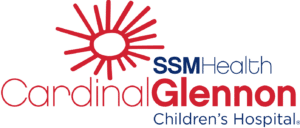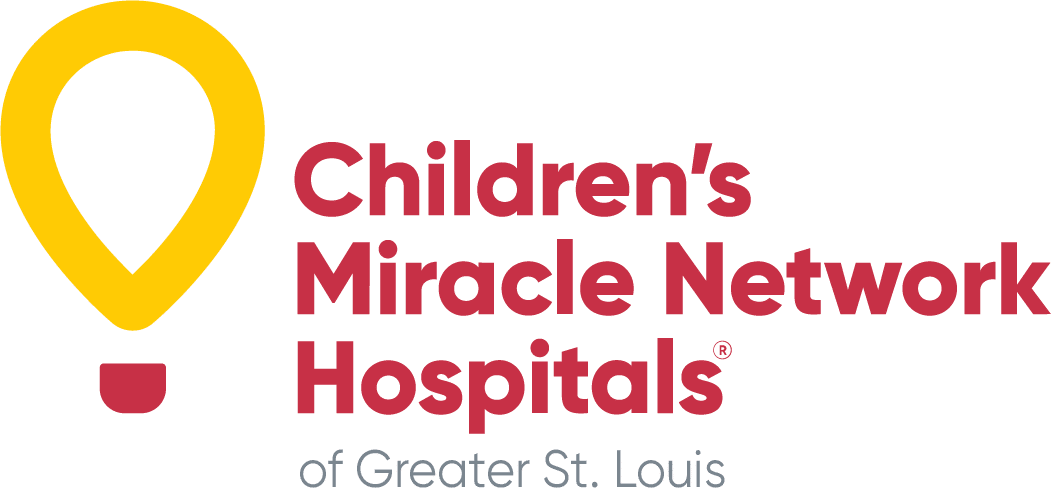Grant & Sebastian

Propionic Acidemia
SSM Health Cardinal Glennon Children’s Hospital
Grant & Sebastian's Story
Grant and Sebastian are identical twin boys. Their Mom, Amber, had an uneventful pregnancy. Although the boys arrived early at 34 weeks, they came into the world seemingly healthy. After a couple routine days in the NICU stepdown unit of their local birthing hospital, the boys started deteriorating in multiple ways.
By day six of life, both boys were lethargic and having trouble feeding and breathing. Within a 12 hour period, both boys were intubated and their blood ammonia levels were dangerously high. It was quickly decided to transfer Grant and Sebastian to SSM Health Cardinal Glennon Children’s Hospital.
Both boys arrived later that same evening to the NICU, courtesy of the Cardinal Glennon transport team. “It was all hands on deck,” Amber recalls. I was told we needed to be at Glennon because of the Genetics specialists, but at that point, the focus was more on just trying to keep them alive.”
As the next several days unfolded, the boys began to stabilize. Dr. Braddock (the Geneticist) diagnosed Grant and Sebastian with Propionic Acidemia. Propionic Acidemia is an inherited, rare, metabolic disorder characterized by the lack of an enzyme involved in the breakdown of amino acids (the building blocks of proteins). Both boys remained in the NICU for over a month.
Long term treatment includes a low protein diet in combination with medical formula (medical foods) that are low in certain amino acids. Amber monitors both boys for symptoms of metabolic “trouble” or crisis, and also checks the boys’ urine ketones daily.
Grant and Sebastian have had several Emergency Department visits and re-admissions to the hospital throughout the years. Grant had one admission to the hospital which required support of the Pediatric Intensive Care Unit. “He had to be intubated and required a ventilator and dialysis because his lactic acid levels were so high and they wouldn’t come down. The constant “stress” on the body from this nutritional balancing act leads to progressive damage over time,” says Amber.
When asked about life outside the hospital, Amber says, “The boys are in second grade, and they have OT, PT and Speech Therapies at school. Both love to cause a decent amount of chaos,” jokes Amber. “Grant loves to have books read to him and to look at books. Sebastian enjoys cleaning and making sure everything is in order. Neither of the boys need to be asked twice if they want to go outside to play. Mickey Mouse is a household favorite of the boys. They don’t ever miss any chance to spend time with Papa, Maw Maw and Uncle Kyle. My biggest challenge is keeping them healthy and making sure that they are able to live their best lives. I try my best not to let them feel like they have limitations. What the future will look like is really unknown.”
How CMN Funds Help Kids Like Grant and Sebastian:
CMN funds have impacted Grant and Sebastian’s lives in a variety of ways. Amber feels the Footprints℠ program has been most impactful. Footprints℠ is a program unique to Cardinal Glennon. This program and its staff are dedicated to improving the quality of life for children living with complex medical illnesses. Grant and Sebastian remain part of the Footprints℠ program today, providing them with emotional support and resources as they navigate their journey as a family.
Grant and Sebastian are also enrolled in the STARS program. STARS, Special Needs Tracking & Awareness System, is a program that was developed to provide individualized written care plans for children with complex medical needs to be used in emergency situations. The program was created by experienced first responders who understood the capabilities and limitations on first responders and community hospitals. STARS connects EMS agencies and community hospitals to families in their communities who have children with complex medical needs. It provides focused training to area hospitals and EMS providers to help them better care for challenging cases and technology dependent children. The goal is to have the pertinent patient information in the hands of medical professionals before they arrive with the patient, so they can immediately provide the needed care.
